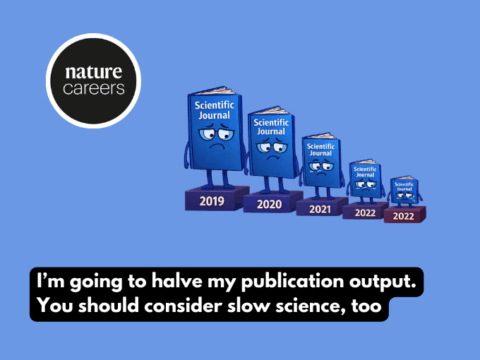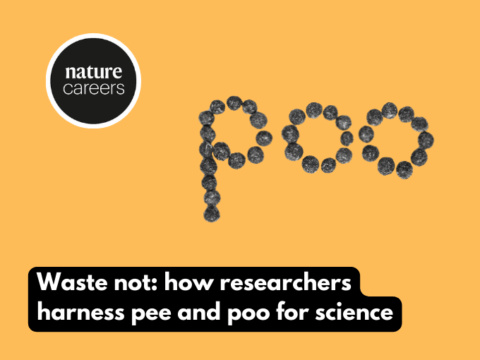 In my experience as a presentation coach for biomedical researchers, I have heard many complaints about talks they attend: too much detail, too many opaque visuals, too many slides, too rushed for questions and so on. Given the time scientists spend attending presentations, both in the pandemic’s virtual world and in the ‘face-to-face’ one, addressing these complaints would seem to be an important challenge.
In my experience as a presentation coach for biomedical researchers, I have heard many complaints about talks they attend: too much detail, too many opaque visuals, too many slides, too rushed for questions and so on. Given the time scientists spend attending presentations, both in the pandemic’s virtual world and in the ‘face-to-face’ one, addressing these complaints would seem to be an important challenge.
I’m dispirited that being trained in presentation skills, or at least taking more time to prepare presentations, is often not a high priority for researchers or academic departments. Many scientists feel that time spent improving presentations detracts from research or clocking up the numbers that directly affect career advancement — such as articles published and the amount of grant funding secured. Add in the pressing, and sometimes overwhelming, bureaucratic burdens associated with working at a major biomedical research institute, and scientists can simply be too busy to think about changing the status quo.
Improving presentations can indeed be time-consuming. But there are compelling reasons for researchers to put this near the top of their to-do list.
You’re probably not as good a presenter as you think you are
Many scientists see problems in colleagues’ presentations, but not their own. Having given many lousy presentations, I know that it is all too easy to receive (and accept) plaudits; audiences want to be polite. However, this makes it difficult to get an accurate assessment of how well you have communicated your message.
Why your scientific presentation should not be adapted from a journal article
With few exceptions, biomedical research presentations are less effective than the speaker would believe. And with few exceptions, researchers have little appreciation of what makes for a good presentation. Formal training in presentation techniques (see ‘What do scientists need to learn?’) would help to alleviate these problems.
Hear how you can improve your presentation in this blog from David Rubenson shared from Nature Careers – https://www.nature.com/articles/d41586-021-01281-8

 Print This Post
Print This Post




